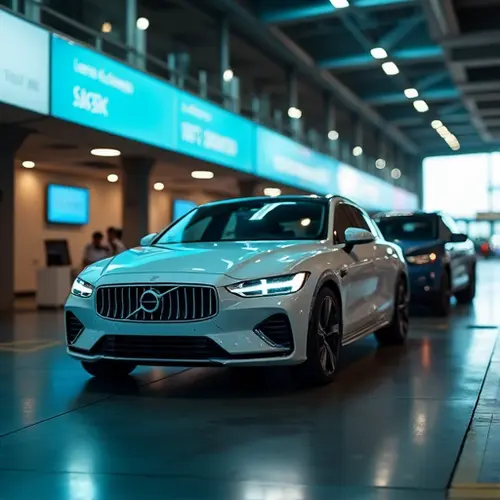
The Shift from Leasing to Car Subscriptions
The automotive industry is witnessing a significant shift from traditional leasing to flexible car subscription models. This trend, gaining momentum in Europe and the U.S., offers consumers a hassle-free alternative to vehicle ownership and leasing. Unlike leasing, car subscriptions provide the flexibility to switch vehicles, include maintenance and insurance, and often require no long-term commitment.
What Are Car Subscriptions?
Car subscriptions are a service where customers pay a recurring fee to use one or more vehicles. Unlike leasing, the subscription provider retains ownership of the vehicle, and the subscriber enjoys the convenience of swapping cars, depending on their needs. This model is part of the broader "subscription economy" and "mobility-as-a-service" trends.
Key Features
Most car subscription services offer:
- Flat monthly fees with no-haggle pricing.
- Inclusion of insurance, maintenance, and roadside assistance.
- Flexibility to switch between vehicles (e.g., sedans, SUVs).
- Options for unlimited or capped mileage.
Providers and Business Models
Car subscriptions are offered by automotive manufacturers (e.g., Porsche Passport, Care by Volvo), dealerships, and startups. Each provider tailors its service to meet diverse customer needs, from short-term flexibility to long-term convenience.
Why the Shift?
Consumers are increasingly valuing flexibility and convenience over ownership. The rise of digital platforms and apps has made it easier to manage subscriptions, further driving adoption. Industry experts predict that by 2025, car subscriptions could account for a significant portion of the automotive market.

 Nederlands
Nederlands
 English
English
 French
French
 Deutsch
Deutsch
 Espaniol
Espaniol
 Portugese
Portugese









